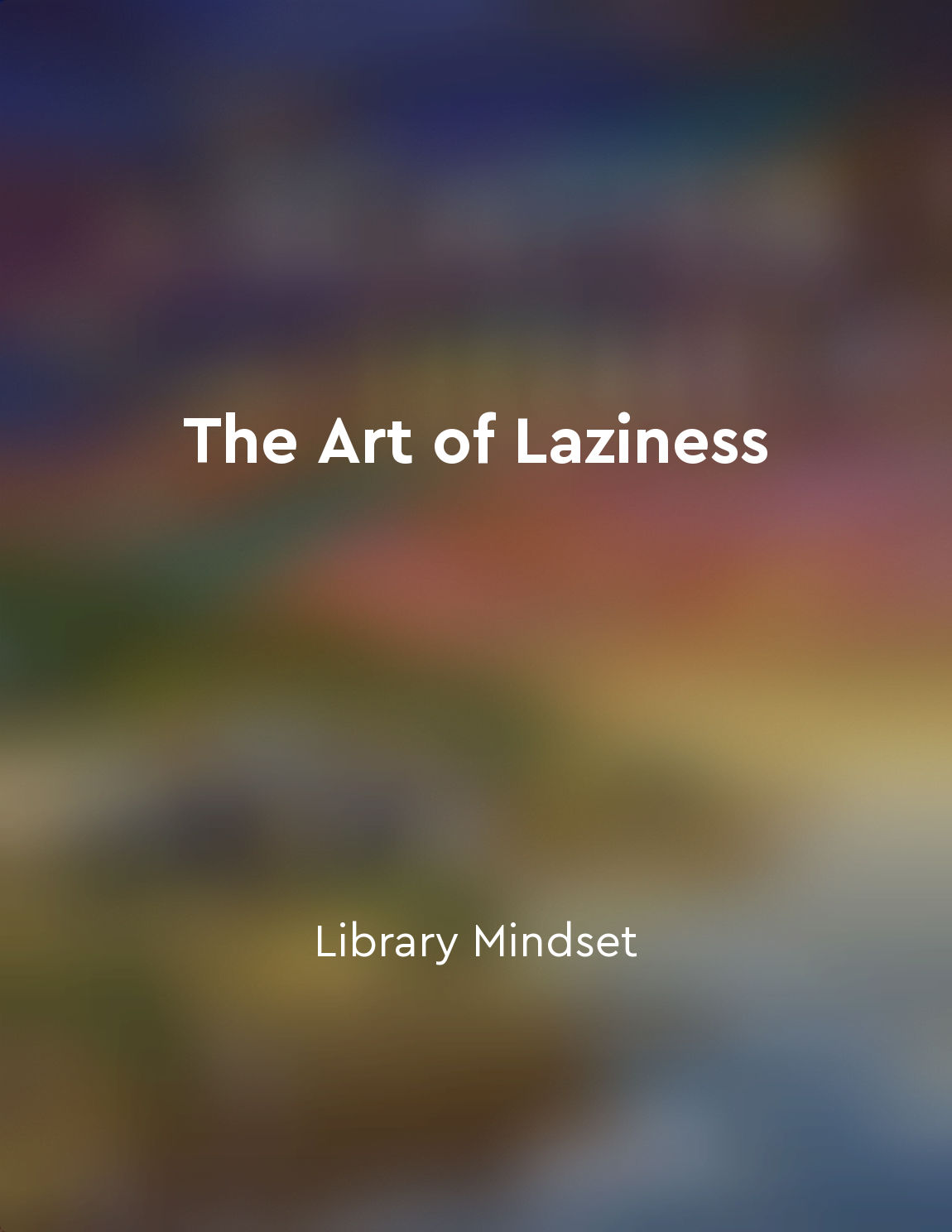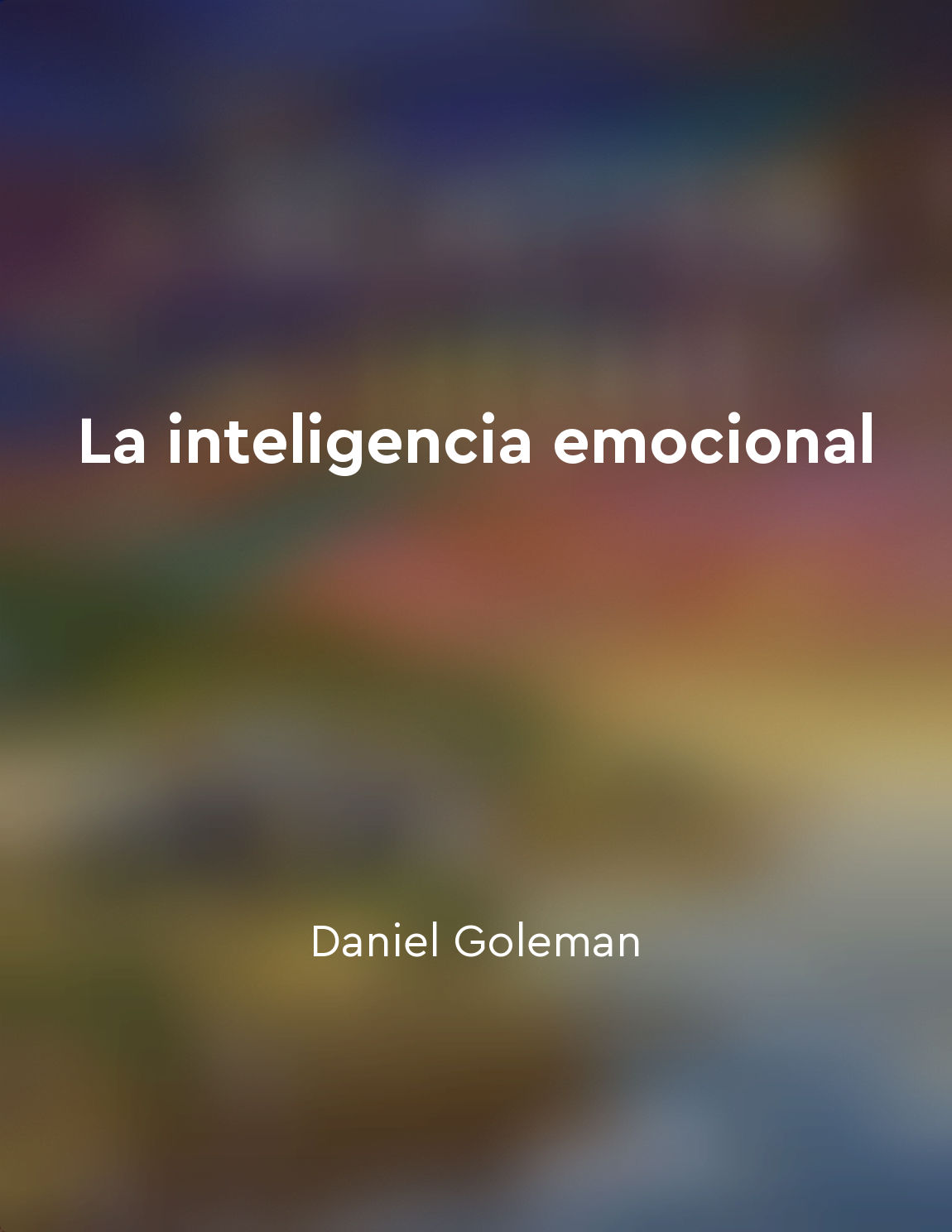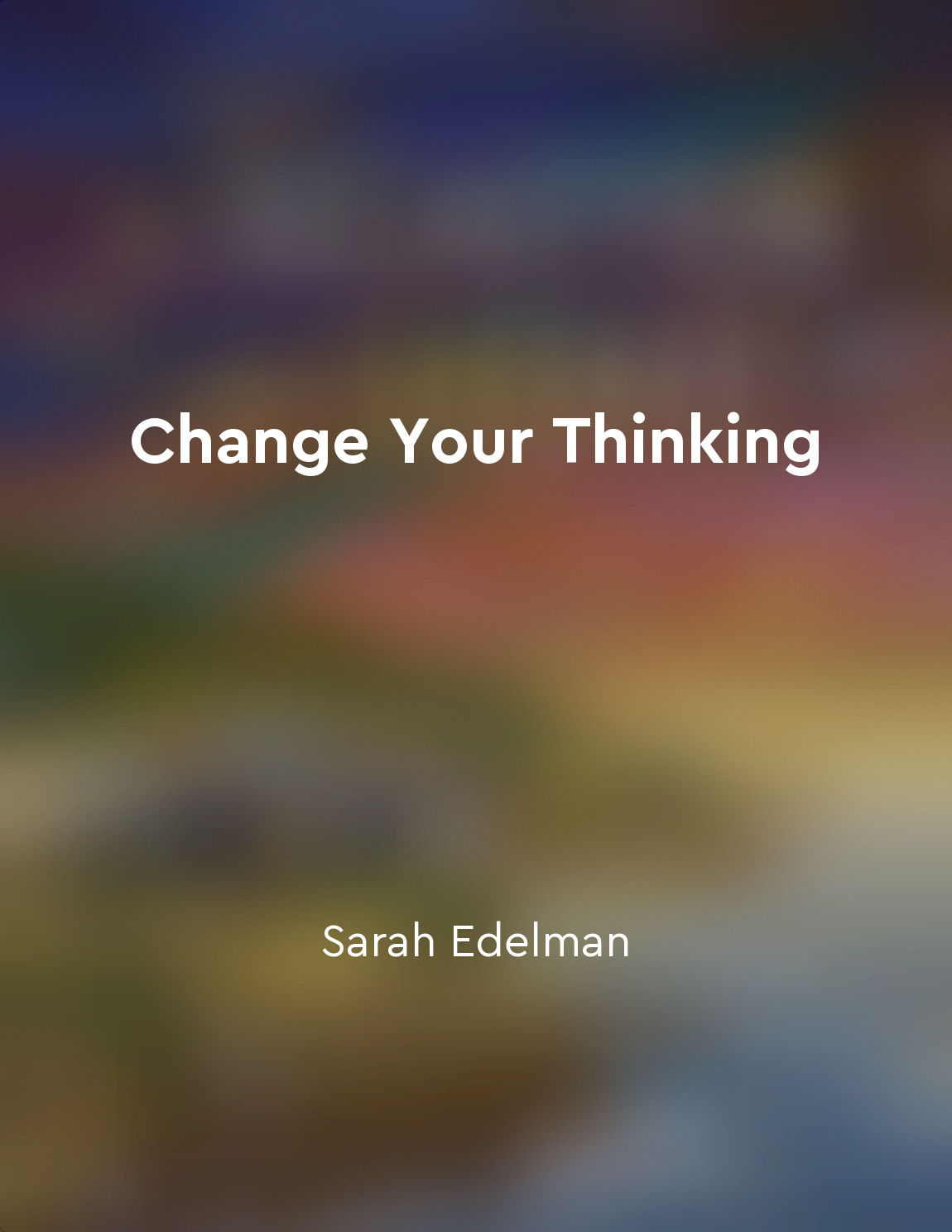The mind is like an elephant and rider, with emotions being the elephant and reason being the rider from "summary" of The Happiness Hypothesis by Jonathan Haidt
Imagine your mind as a rider sitting atop an elephant. The rider represents your conscious reasoning and decision-making abilities, while the elephant symbolizes your emotions and intuitions. The rider is small and limited in strength, while the elephant is massive and powerful. Despite its size, the rider believes it is in control, guiding the elephant along a path. However, the reality is that the elephant's desires and impulses often dictate the direction, with the rider merely rationalizing and justifying the elephant's actions after the fact. The elephant, driven by emotions, can easily overpower the rider's attempts to steer it in a different direction. When faced with a stressful or threatening situation, the elephant's instincts kick in, leading to impulsive reactions that may not align with the rider's rational goals. The rider may try to rein in the elephant, but ultimately, it is the elephant's strength and emotional responses...Similar Posts

Laziness can lead to innovative problemsolving
Laziness, often seen as a negative trait, can actually be a catalyst for innovative problem-solving. When we are too lazy to fo...
Effective leadership requires strong people skills
Leadership is not just about making decisions or giving orders; it is also about working with people, understanding their needs...
Beliefs depend on impressions
Beliefs are intimately tied to our impressions. Impressions are the lively perceptions we have of external objects, while belie...
Evolution shapes our instincts over time
The concept that underlies the very essence of our nature as human beings is that evolution has shaped our instincts over time....

Emotional intelligence allows us to connect with others on a deeper level
Emotional intelligence enables us to forge meaningful connections with those around us by allowing us to understand and manage ...
See through people's masks to uncover their true intentions
To truly understand human nature, one must learn to see beyond the facade that people present to the world. People often wear m...
Individualized learning plans cater to diverse learning styles and preferences
In order to truly engage students and foster their learning, it is essential to recognize the diversity of learning styles and ...

Challenging irrational beliefs
One of the key aspects of cognitive therapy is identifying and challenging irrational beliefs that contribute to emotional dist...

Rational individuals seek to minimize bias in their decisionmaking
Rational individuals are those who are committed to making decisions in a logical and reasoned manner. This means that they str...
Limits in decisionmaking can lead to more satisfaction
Limits in decision-making can actually lead to more satisfaction. This may seem counterintuitive at first; many people believe ...

